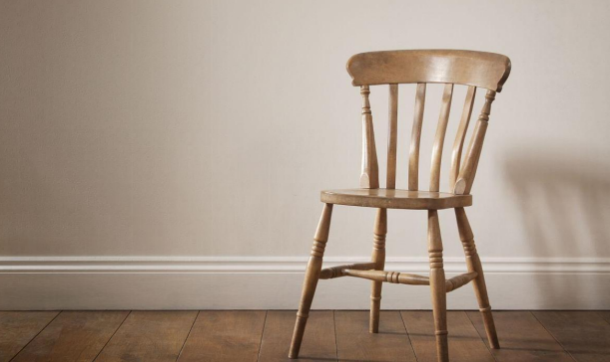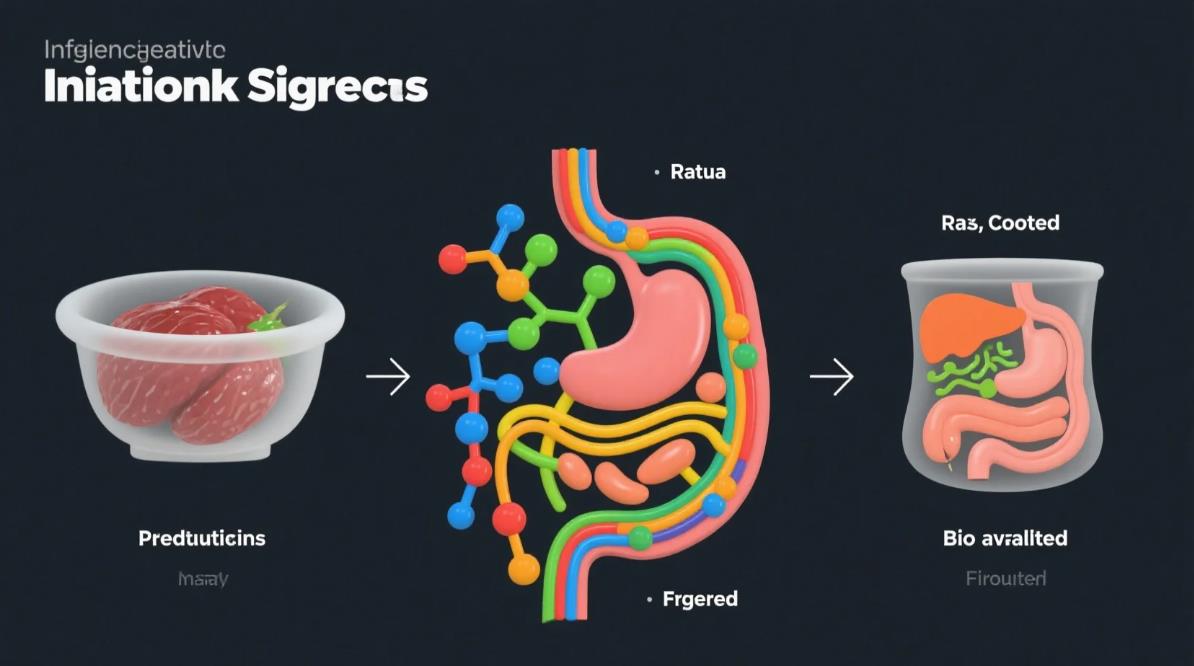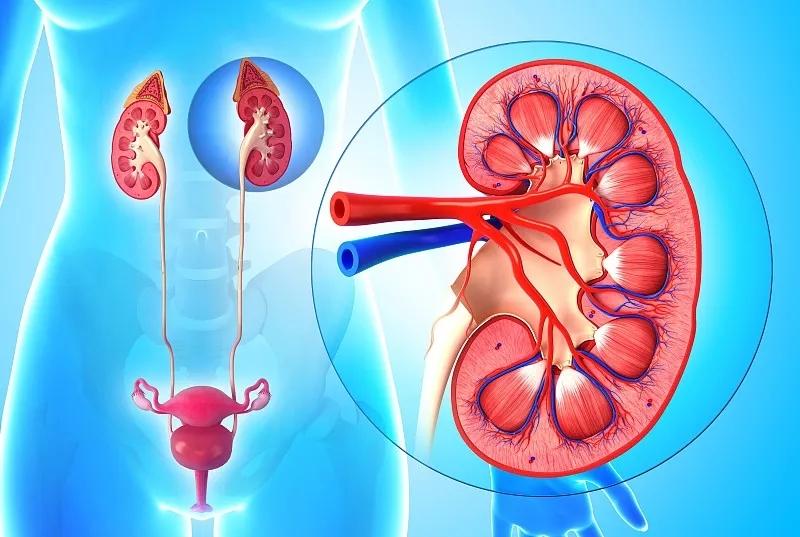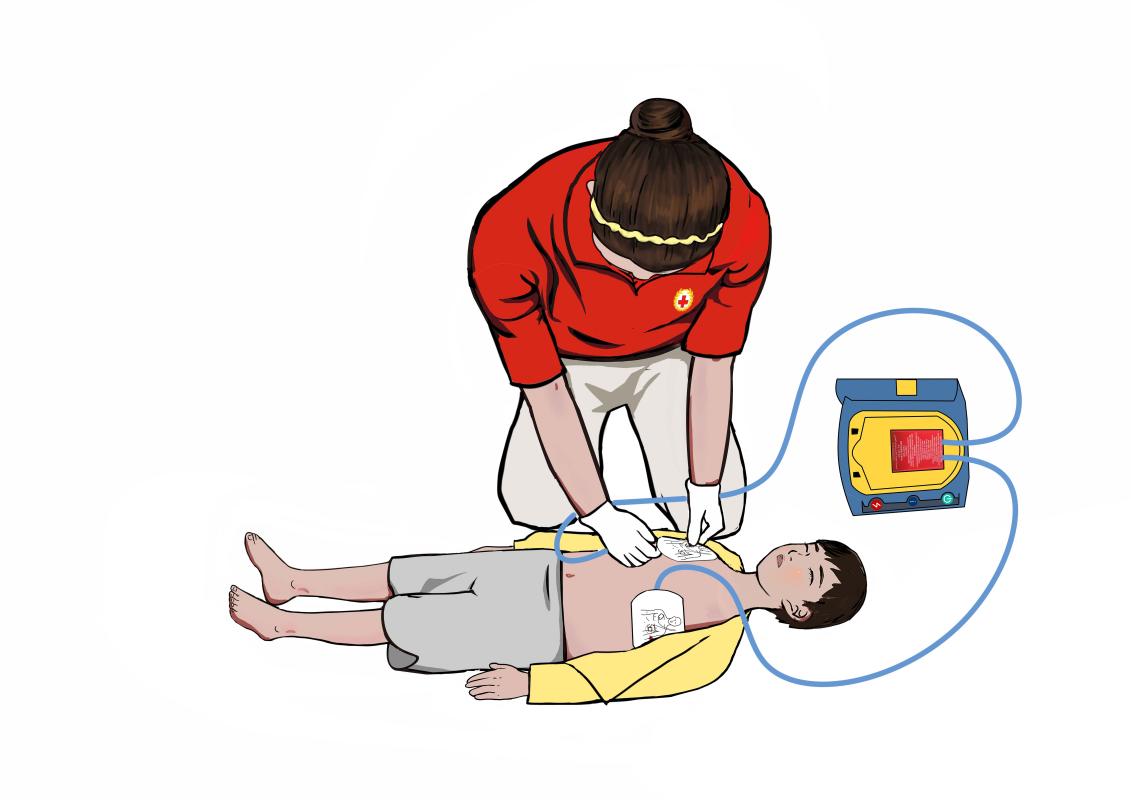The term "Empty Chair Syndrome" may sound unfamiliar and even a little strange. However, from its literal meaning, one can roughly grasp the concept that an empty chair symbolizes the void left behind by those who are no longer present during festive occasions. What can we do? The spaces left by those who are no longer with us become painfully and unexpectedly evident. Their images remain imprinted in your photographs. Their belongings and empty rooms serve as constant reminders that they were once by your side. This is what leads to the so-called Empty Chair Syndrome.

Those who have passed away still occupy your heart, but no longer fill your physical world. On ordinary days, this feeling might not be overwhelming, but the more joyous and celebratory the occasion, the more intense the pain becomes. This is especially evident as anniversaries and holidays like Christmas approach. As we dress up for parties, gather together, and exchange gifts, the pain of absence becomes sharper than ever—to the point that we may not know how to cope. Many people say it is best to not celebrate at all to avoid the glittering holidays, the colourful lights, the Christmas tree, and the tables filled with delicious food. As if daring to laugh and rejoice would somehow be an attack on or a sign of disrespect toward those who are no longer in this world. But is this truly the best way to handle it?
Have you lost someone you loved? If so, the approaching holiday season may bring you sorrow. It may even make the grieving process more difficult. You see the city lights shining, people around you excitedly making plans, searching for gifts, and immersing themselves in the typical holiday hustle and bustle. Those who have experienced loss often suffer from Empty Chair Syndrome during celebrations. Many struggle to accept their new reality while a flood of memories linked to their lost loved ones resurfaces. At the same time, unhealthy thoughts frequently emerge, making the wound even more painful. Thoughts like, "If only I could wake up and find that none of this pain ever happened", "Without this person, I have no motivation to keep going —my life has lost its colour", or "There will be no more celebrations in my life from now on" create immense suffering in the heart.
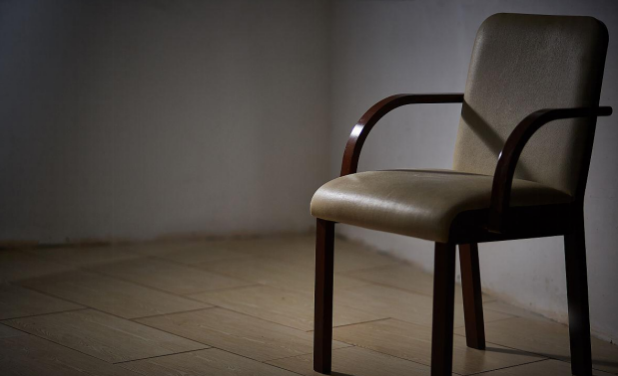
Don't avoid it embrace family gatherings. Avoiding holidays may seem like a"quick fix", but in reality, it only makes the pain grow, like a snowball rolling larger and larger. Instead of hiding away in sadness, try celebrating with family. Even something as basic as sharing a meal or having a discussion can provide warmth and support. Nancy's father passed away last year, making this Christmas especially difficult for her. She initially planned to spend it alone at home but eventually decided to be with her family. When she saw her loved ones gathered around the dining table, she suddenly felt a warmth in her heart. Though her father was no longer there, the presence of her family made her feel less alone. After Mike's mother passed away, Christmas at home always felt particularly bleak. The family members no longer wore the warm holiday smiles they once had. This year, Mike decided to break the cycle of sadness by planning with his family. They divided tasks- Mike decorated the Christmas tree, his sister prepared dinner, and their father picked out gifts. As they sat at the table together, they finally shared long-lost smiles.
Holidays don't need to be grand or complicated simple celebrations can be just as heartwarming. You can choose basic activities like watching a movie together, playing a board game, or simply sharing a homemade meal. Empty Chair Syndrome reminds us that even though someone is gone, their love and memories remain. You can pay tribute to them in unique ways, like cooking their favourite meal or lighting a candle in their honour. Although this syndrome is depressing, it also shows that the deceased are remembered.
